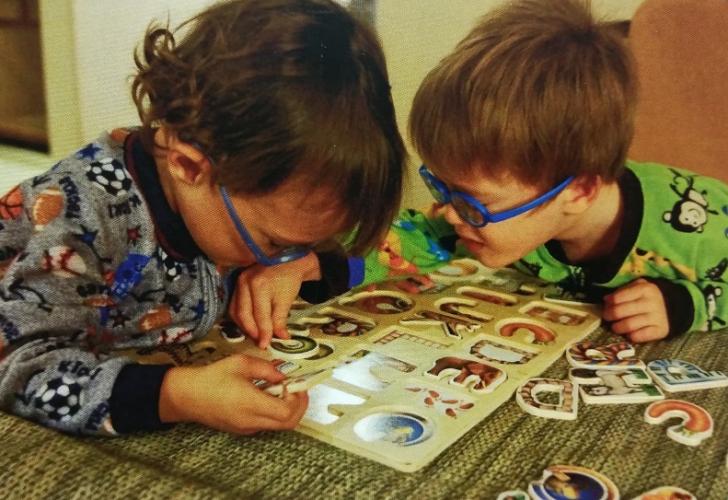The first three years of life are a significant period of growth
for all children. Children develop at different rates and in
different ways. Differences in development may be related
to personality, temperament and/or experiences. Some
children may also have health needs that affect their
development. While all children grow and develop at
their own rate, some infants and toddlers experience delays
in their development. This can be a cause for
concern.
What is Early Intervention?
Early intervention services are intended to enhance the growth
and development of a child and are planned and delivered through
a partnership between families and professionals.
California’s early intervention program is called California
Early Start. The program, Part C of the Individuals with
Disabilities Education Act (IDEA) is a federal grant program that
assists states in operating a comprehensive statewide program of
early intervention services for infants and toddlers with
disabilities, ages birth through age 2 years, and their families.
Child Find
Child Find is intended to locate and identify children who are
experiencing or are at risk of experiencing developmental delays
of 25% or more, are considered at risk or have an established
risk condition as defined in the California Early Intervention
Services Act. Child Find System and Referrals IDEA Part C
regulations require that each State must have a statewide
comprehensive, coordinated, multidisciplinary interagency system
to provide early intervention services for infants and toddlers
with disabilities and their families. The system should include
standards for appropriate identification, timelines, and
coordination with primary referral sources, including the Early
Hearing Detection and Intervention program.
You can review the Child Find Plan and
Early Start Local Performance Materials.

